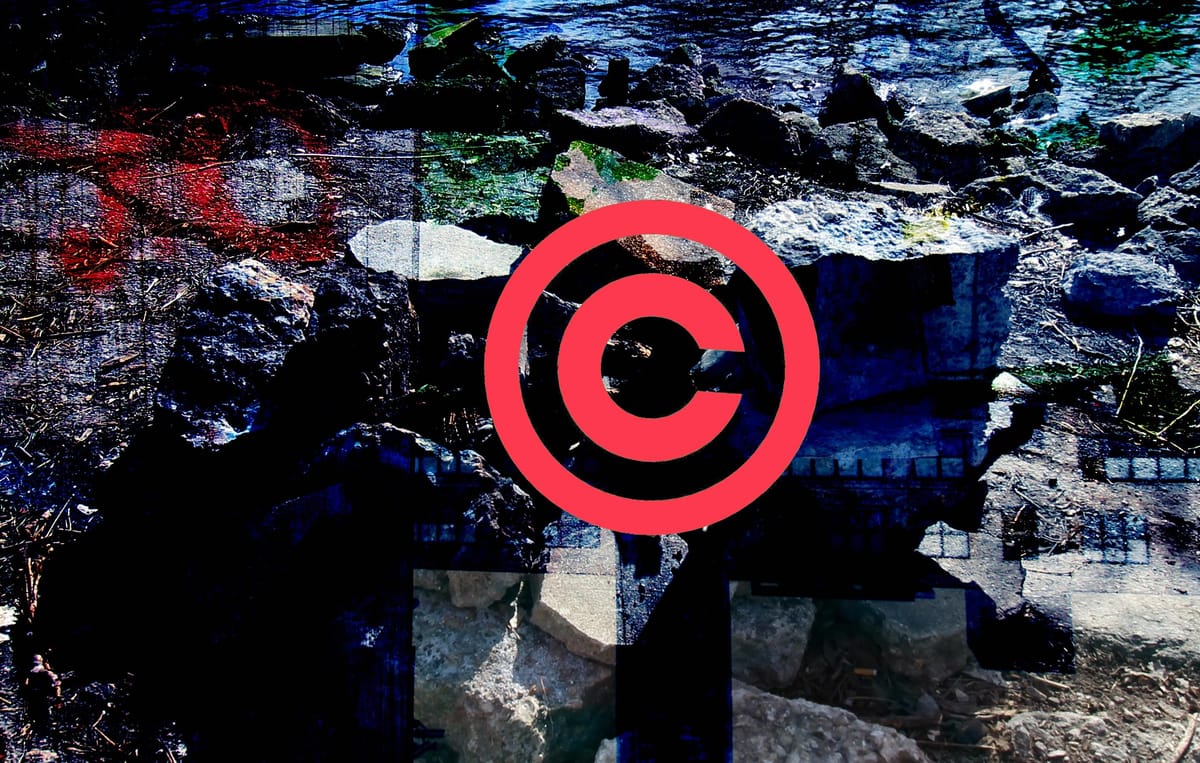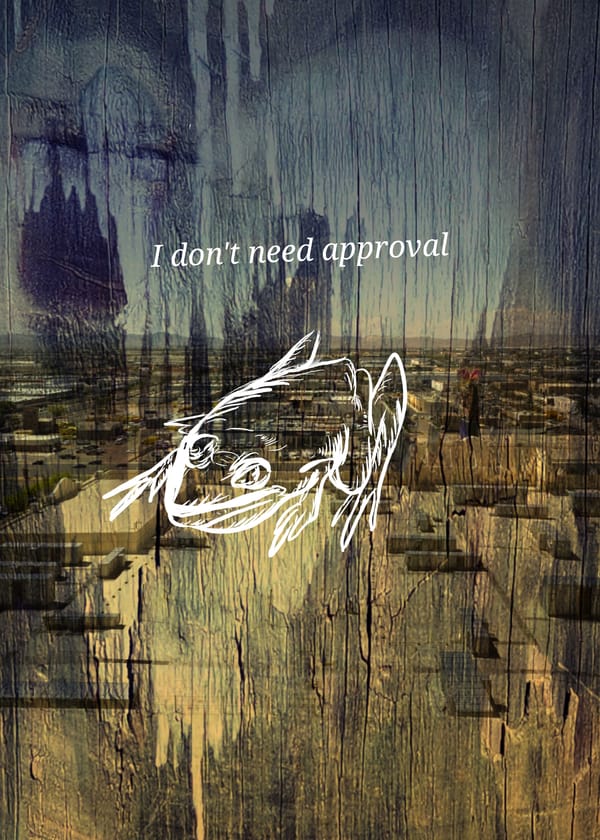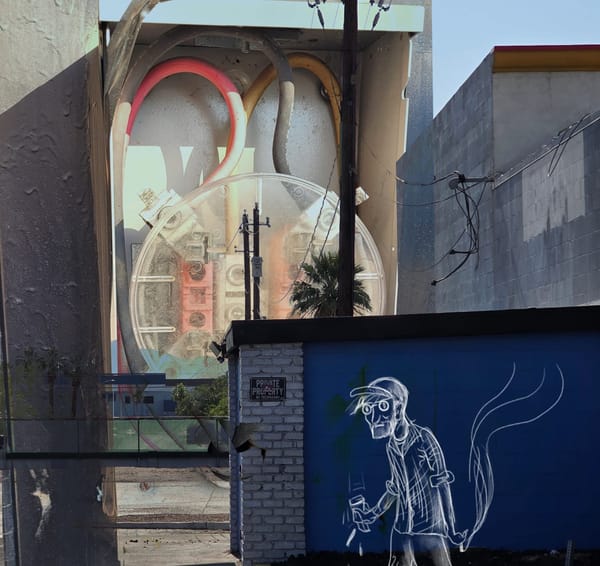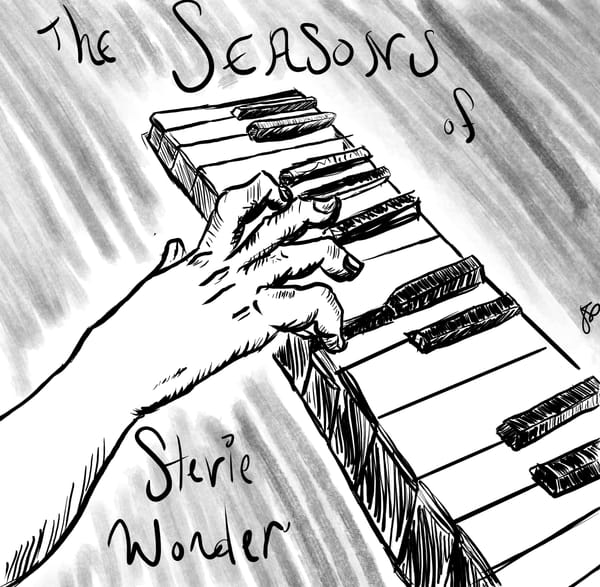Who Owns Art?
The Copyrights and Copywrongs

A few months ago, singer Halsey took to TikTok saying her record label was holding their music hostage until she could give them a ‘viral’ Tiktok moment. Many other artists soon weighed in to share similar stories, creating something of a viral moment in spite of the content. With TikTok’s rapid-fire ability to attach a snippet of a song to an endless stream of free content produced by un-paid users it’s no real surprise the record money counters are drawn to it, especially when seeing artists like Lil Nas X and his god-tier skill at creating and manipulating the viral social-sphere. There, of course, were questions about the authenticity of some of these TikTok posts and whether they were in and of themselves a viral promotion, but they brought to my mind the very long and real history of artists at odds with their labels and the Copyright holders.
To say that the Record Industry can be ‘predatory’ to artists, especially to the uninitiated looking to make a name for themselves in the business, would be a massive understatement that’s almost too shameful to have written. In fact, if we assume many of the viral posts were manufactured moments of outrage, it creates a real meta-moment in Record Industry toxicity, an industry so comfortable with its predatory habits. Pretending it’s somehow better to at least acknowledge it without actually changing. Before we look at the current moment and shake our heads wondering how we got here, it’s important to look at some of the most bitter battles between musicians and their contract holders to understand that for some, it’s just the nature of the business. The art comes secondary, the profits come first.
One of the most heartbreaking fights in Copyright history comes from someone I’ve written about on this blog before, Sly Stone. You would think a man who wrote the classics ‘Dance to the Music,’ ‘Family Affair,’ and ‘Everyday People’ would be doing pretty well with royalties and residuals, but you would be wrong. Not only did Sly see nothing from any samples or ad use, for years he lived out of an RV. It took decades upon decades of court battles, at one point Sly retained the rights and then lost them a few months later after the judgment was vacated. In 2018 Sly was finally able to strike a deal with the Michael Jackson Estate who had acquired the international rights to the music and while he may not get the billions of dollars in lost revenue, he can now be a little closer to the music he put so much of himself into.
Perhaps the most memorable and audacious battle in this realm would be Prince vs. Warner Bros. A whole book should be written about this fight, but it went from Prince trying to get kicked off the contract with the release of the subpar and provocatively named album Come, to changing his name to the ‘love-symbol’ in attempt to circumvent the restrictions of a contract under his own name, to writing the word ‘Slave’ on his cheek during public appearances. For all its performative tendencies it was very sad to see that even an artist as powerful and otherworldly as Prince couldn’t keep full control of his artistic output. Eventually the dispute was settled, and Prince would come revolutionize many ideas of sharing music directly with the listeners in ways that would gradually evolve and become much more commonplace, even if he would take, at times, draconian measures to control when and where his music was released.
There are numerous other examples, from A Tribe Called Quest writing the track ‘Show Business’ about the shady practices of record execs, to Kesha's grueling battle and eventual liberation from her contract with the alleged abuser Dr. Luke. All this is to say, the world of art is a nebulous and complicated business. Who really owns the art when it’s all out on the table? Labels can indefinitely hold music that they don’t feel like meets certain ‘viral’ requirements, sometimes they can stop a musician from recording music all together or shovel the song out to every ad agency while retaining the rights to all profits. So, is an artist’s worth based on their output? Is it based on their ability to make money for others or themselves? All art is valid in its own way but at the times the business gets in the way it can not only send the artist down a road of burn-out, obscure name changes, and poverty but threatens the purity of the art itself.





